Enquiries
Enquiries
We would be delighted to hear from you and will can to respond to your email enquiries within 24 hours. Thank you for your interest in Marsh Industries.

Our news
Keep up to date with Marsh Industries
Is your septic tank 2020 compliant?
11.23.2018
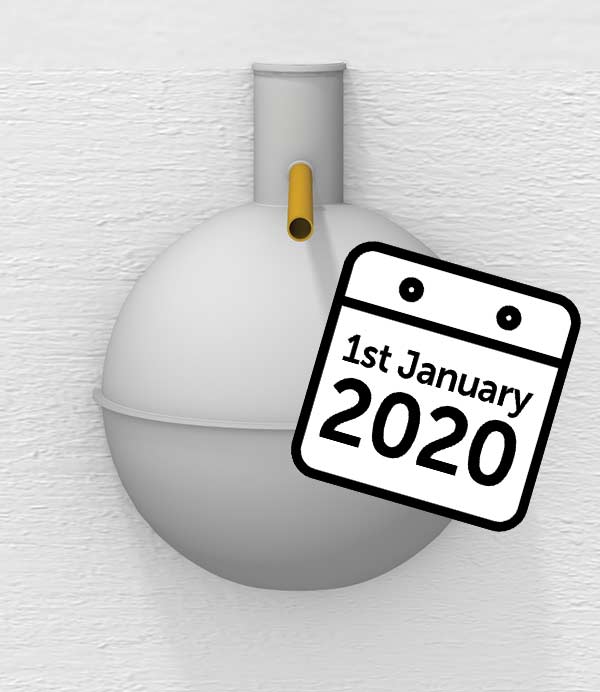
Current methods of discharging wastewater from septic tanks
Previous to the General Binding Rules, wastewater from septic tanks was typically discharged in the following two ways:
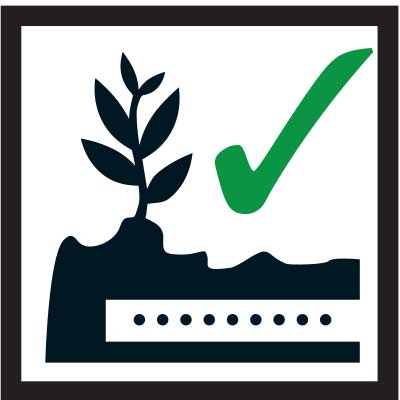
Wastewater is released through a network of pipes in surrounding sub-soils, providing an additional form of treatment for the waste from the septic tank. This helps to ensure that the wastewater being dispersed does not cause pollution.
Septic tanks discharging into a drainage field are not affected by the 2020 septic tank regulations.
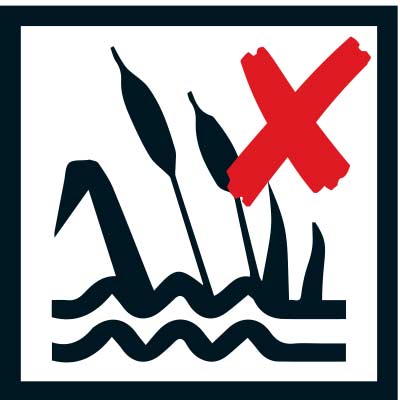
Wastewater flows through a pipe directly into a stream, river or lake.
Binding rules state that direct discharge from a septic tank into a watercourse is not permitted.
So, what are your options?
If you have a septic tank and it is currently discharging to surface water, you have four options:
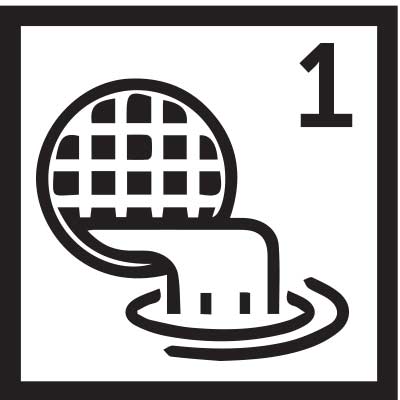
Connect to the main sewer
This may not be possible in remote locations, although pump chambers can be used to direct wastewater to the mains sewer.
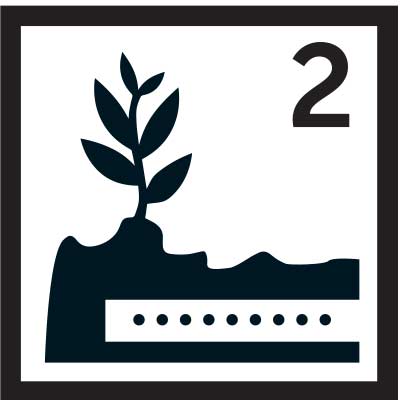
Install a drainage field (Designed in accordance with BS6297)
This allows the septic tank to discharge wastewater into the ground instead of surface water. In many cases, the installation of a drainage field is not possible due to site constraints such as space and/or the soil not having sufficient drainage potential (ie, rock, clay, high water table).
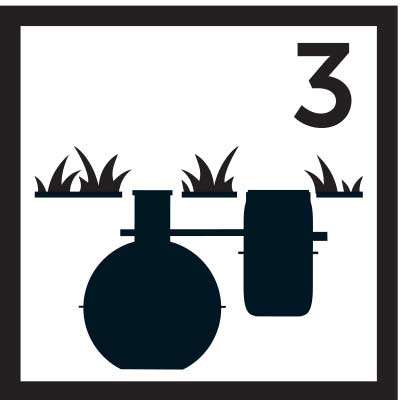
Install a Uni:Gem septic conversion unit
A Marsh Uni:Gem can be installed and connected to a pre-existing septic tank. This treats the wastewater to a sufficient quality allowing it to be discharged to surface water.

Upgrade your septic tank to a Marsh sewage treatment plant
A Marsh sewage treatment plant eliminates the need for a drainage field and ensures that the wastewater is fully treated before being discharged.
For more detailed information and guidance, please contact the Marsh technical team on sales@marshindustries.co.uk or call 01933 654582.
Download our helpful guide